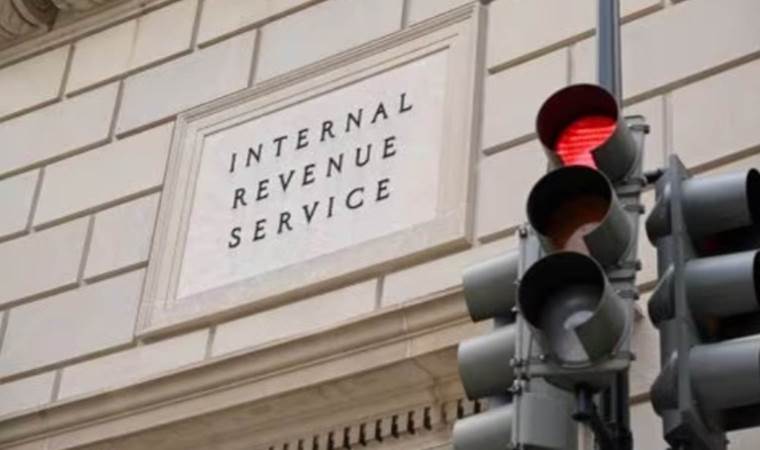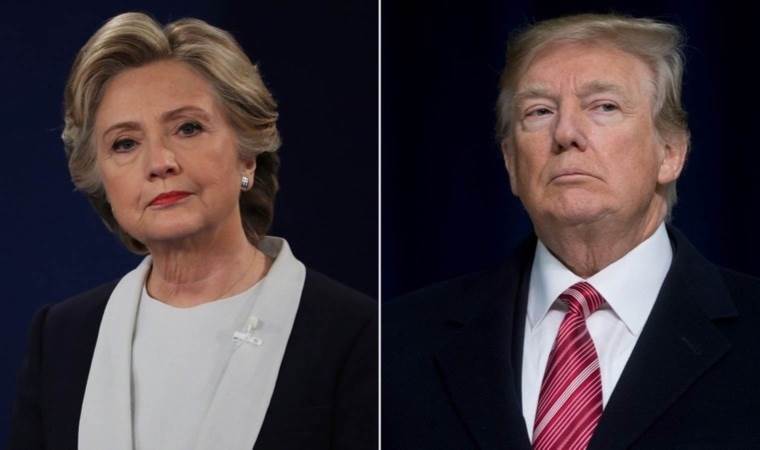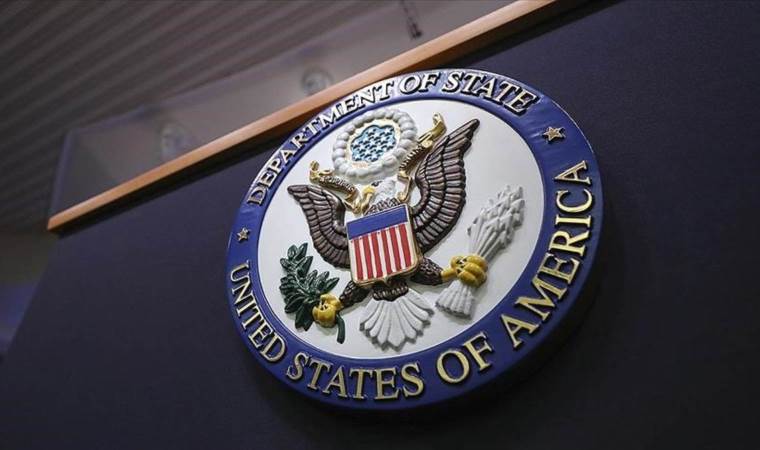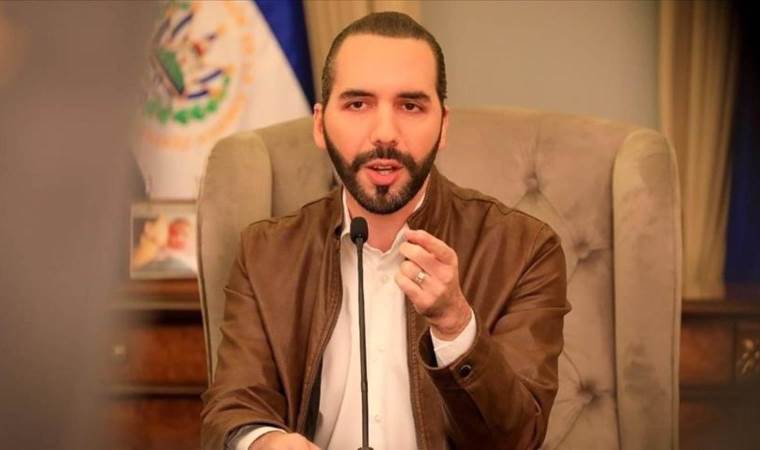Former IRS contractor sentenced for leaking Trump's tax records
Charles Littlejohn, a 38-year-old former contractor for the U.S. Internal Revenue Service, received a five-year prison sentence on Monday for unauthorized disclosure of tax records, including those of former President Donald Trump and other affluent Americans.

U.S. District Judge Ana Reyes, delivering the sentence in Washington, described Littlejohn's actions as an attack on constitutional democracy.
In October, Littlejohn pleaded guilty to the charge of disclosing income tax return information without authorization. Judge Reyes emphasized the gravity of the offense, stating, "Targeting the sitting president of the United States is an attack on our constitutional democracy. It cannot be open season on our elected officials." Federal prosecutors, who had pushed for the maximum five-year sentence, argued that Littlejohn's politically motivated actions endangered the security of sensitive personal data.
Littlejohn, in pursuit of this scheme, joined a consulting firm working with the IRS in 2017 to access and leak Trump's tax records. Trump, notably, did not release his tax returns during his 2016 presidential campaign, breaking a long-standing precedent among major U.S. presidential candidates. The House of Representatives released six years of his tax records in 2022 following a legal battle.
Prosecutor Jonathan Jacobson accused Littlejohn of seeking to "influence" the 2020 election and "reshape our nation's political discourse" by leaking over 8,000 tax returns related to approximately 7,600 individuals. Littlejohn expressed regret for his actions in court, claiming he acted out of a mistaken belief that he was serving the public interest.
Republican Senator Rick Scott of Florida, whose tax records were among those leaked, criticized Littlejohn's plea deal with prosecutors in court, labeling it a "sweetheart deal." He argued that the victims, targeted for being "wealthy, Republican, or both," were unjustly attacked. Littlejohn's defense team argued that his actions stemmed from a "deep, moral belief" in the public's right to this information, seeking a sentence comparable to those given to previous government leakers.
Court documents revealed that Littlejohn secretly downloaded years of Trump's tax records in 2018, later sharing them with The New York Times. The newspaper's 2020 articles, based on these records, disclosed that Trump paid no income tax in 10 of the 15 years before his election. Littlejohn also leaked tax information about "ultra-high net worth taxpayers" to ProPublica, driven by concerns about economic inequality and a desire to prompt tax system reforms. ProPublica's subsequent articles exposed how the wealthy in the U.S. evade income taxes.
Most Read News
-
 Pope Francis dies at 88 after prolonged illness: Vatican
Pope Francis dies at 88 after prolonged illness: Vatican
-
 Kremlin ‘satisfied’ with US position ruling out NATO mem
Kremlin ‘satisfied’ with US position ruling out NATO mem
-
 Russia, Ukraine report airstrikes as Putin’s Easter ceas
Russia, Ukraine report airstrikes as Putin’s Easter ceas
-
 Trump ‘values’ talks with Japan, says Premier Ishiba ami
Trump ‘values’ talks with Japan, says Premier Ishiba ami
-
 US scales back development, diplomatic presence in Afric
US scales back development, diplomatic presence in Afric
-
 Israel bans Palestinian minister from occupied West Bank
Israel bans Palestinian minister from occupied West Bank
-
 At least 33 civilians killed in RSF shelling of Sudan’s
At least 33 civilians killed in RSF shelling of Sudan’s
-
 Gold price exceeds $3,400 to reach new record high amid
Gold price exceeds $3,400 to reach new record high amid
-
 China sanctions US lawmakers, officials, NGO heads
China sanctions US lawmakers, officials, NGO heads
-
 El Salvador’s president calls on Maduro to release Venez
El Salvador’s president calls on Maduro to release Venez













